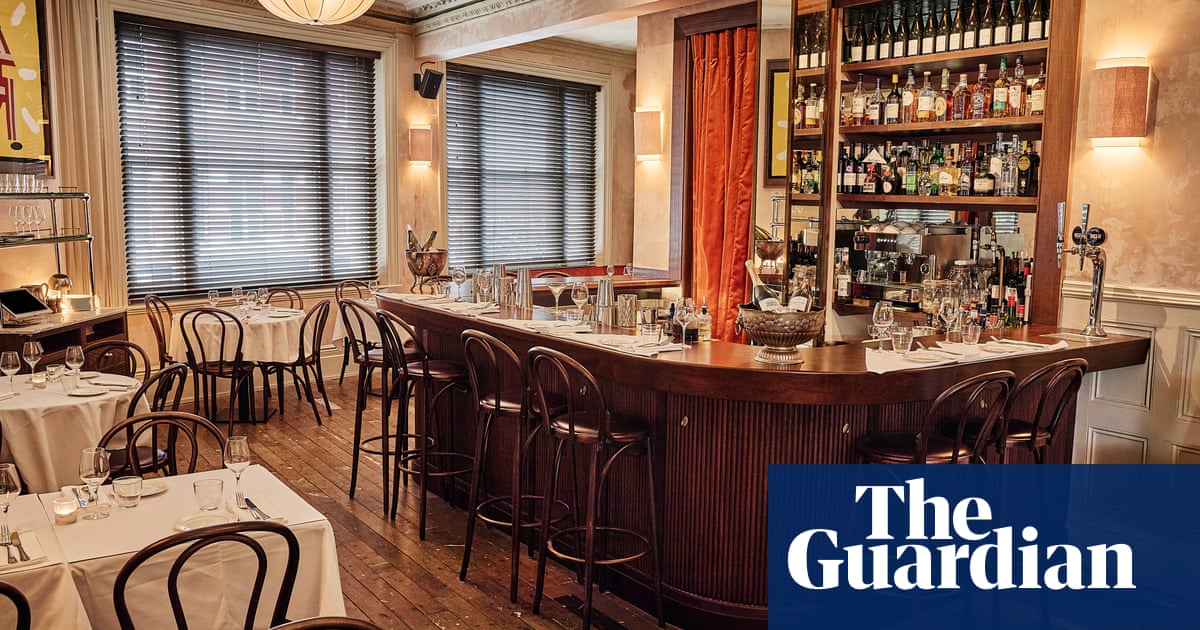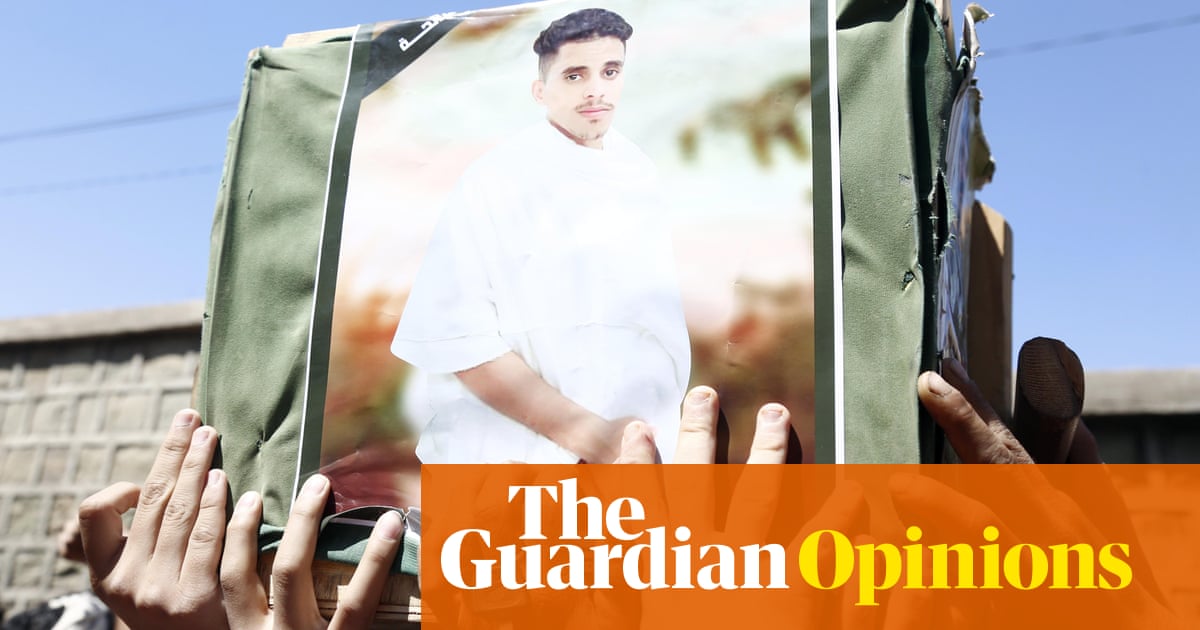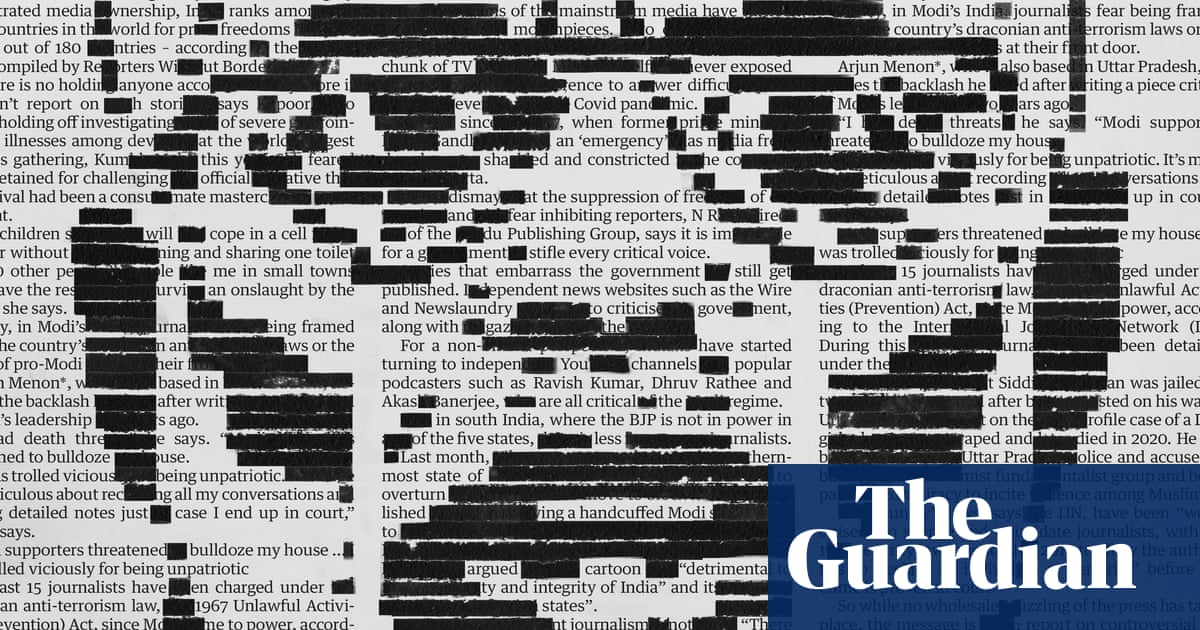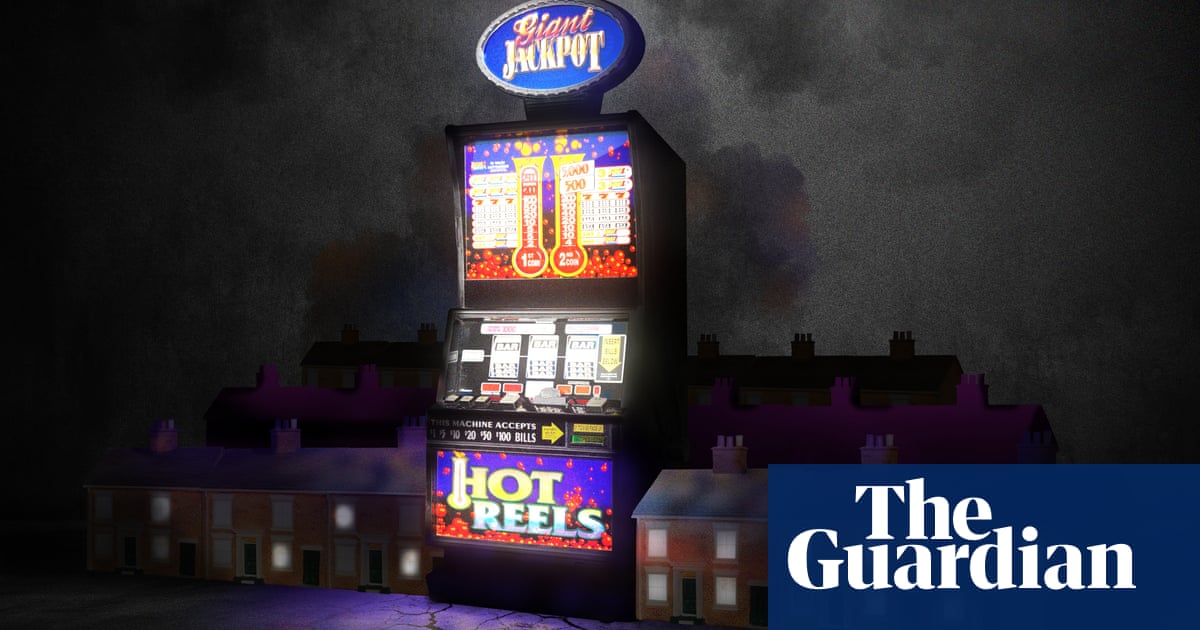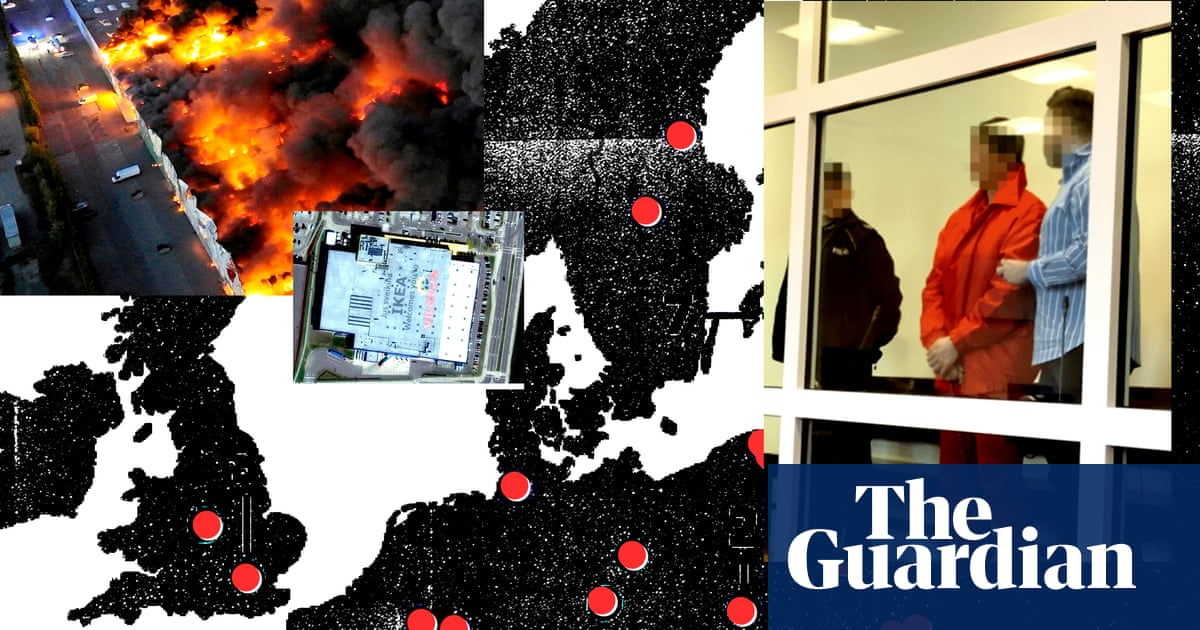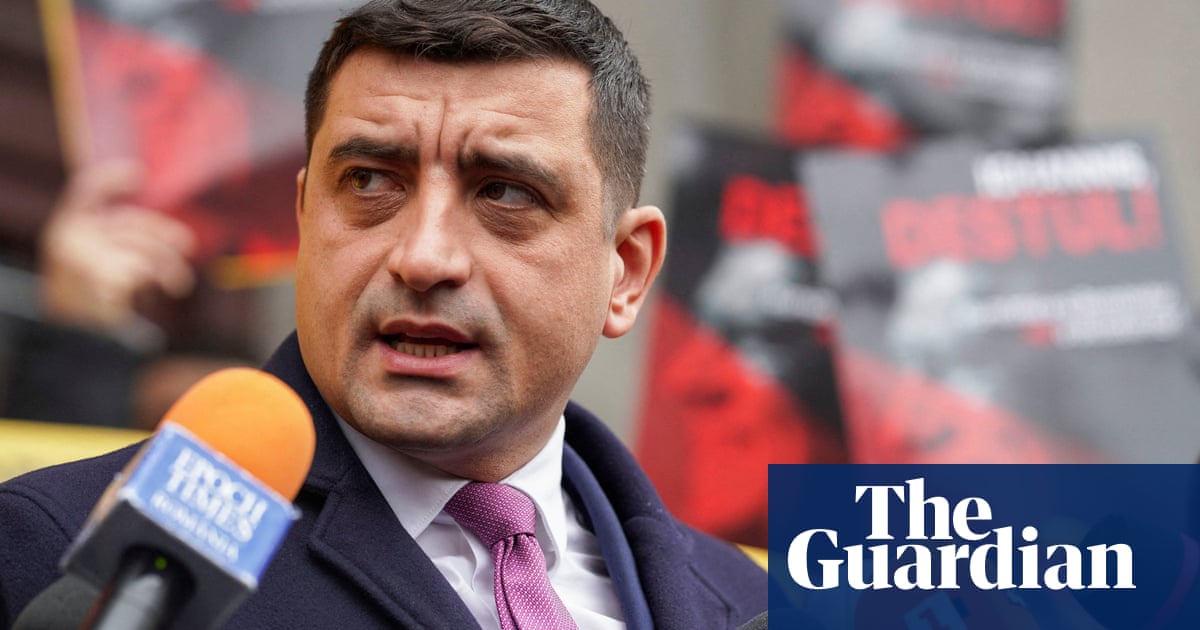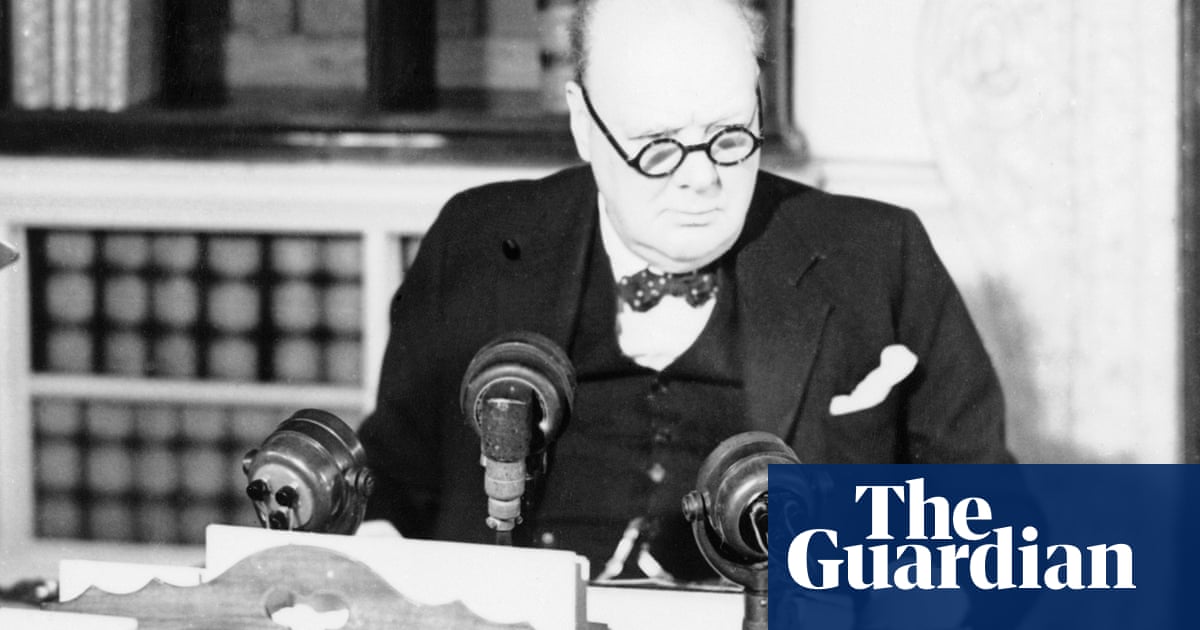Families Like Ours is a drama – directed and co-written by the Oscar-winning Danish director Thomas Vinterberg – that asks the question: what would you do if your luck ran out? The kind that maybe saw you born with a healthy body, or into a privileged, developed country, or with a skin colour that didn’t invite discrimination among others. Maybe even all of the above. What if life as you knew it – stable, easy, dependable, cushioned – was turned upside down? What then?
The seven-part series is set in Denmark in a near future in which the Dutch economy has recently crashed, flooding the Netherlands’ nearby countries with job-seeking immigrants, eating up capacity and goodwill. Thus there is little of either available when the government announces that the threat posed to low-lying Denmark by global heating and rising sea levels means it must now be evacuated of its six million inhabitants entirely. The country is, in effect, being shut down.
So Vinterberg takes what most of us treat as an existential threat, a problem too huge and frightening to think about, and puts it into a more manageable frame. Rendering it smaller and more potent still, we follow a handful of characters through the decisions they are forced to make as the massive displacement begins.
Some have advance notice of the government’s announcement and use it – illegally, but who wouldn’t, is the first question we are made to ask ourselves – to liquidise assets before the market crashes and withdraw savings in cash before restrictions are brought in. Among them is Nikolaj (Esben Smed), a government employee, who tells his husband, Henrik, (Magnus Millang), and his sister Amalie (Helene Reingaard Neumann). Henrik’s volatile, homophobic brother Peter (David Dencik) is tipped off too and it is from him that come most of the violent incidents that Vinterberg’s naturalistic approach otherwise eschews. Sometimes, you wonder if it eschews them too much. There are reports of social unrest but there is so little on screen that you do wonder if the drama could not afford to ratchet up the tension a bit more. There is so much talk about the necessary documents to be found, visas to be applied for, permits to be amassed and so many scenes set across desks from cold-hearted bureaucrats that you could get to the end of the first few episodes feeling that you have a better idea of how to organise a nationwide exodus than of how it would really feel to be caught up in one.
The other characters we follow include Amalie’s husband, Jacob (Nikolaj Lie Kaas), an architect who manages to use his connections to get his family a coveted pathway to France. But his daughter Laura (Amaryllis August), from his first marriage, is torn between going with him (to take up her place at the Sorbonne or going with her less wealthy and connected mother, Fanny (Paprika Steen), to her state-organised placement in Romania (it is possible Vinterberg has chosen to make some of his soon-to-be-refugees a little too privileged). There is also new boyfriend, Elias (Albert Rudbeck Lindhardt), to throw into the mix and provide a “will first love be torn asunder” subplot that is given too much time for what it adds to the show. More affecting is the decision made by Christel (Asta Kamma August), mother of nine-year-old footballing talent Lucas who has been offered a place by football scouts in England but would have to go without her. As borders close and travel by resettled Danes will become impossible, she would essentially be saying goodbye to him for ever.
Families Like Ours has been a hit with viewers and critics since its inaugural showing at the Venice film festival last year. And there is much to admire. It doesn’t preach, it does have the themes work through the characters instead of the other way round (and has a cast stuffed with Danish heavyweights to help it). But it all feels a bit thin, a bit bloodless – like a thought experiment made flesh rather than a compelling, provocative drama. The script is uninspiring and the relentlessness of the bad decisions made by characters, as if to be privileged is not just to be unreflective but actively stupid, too, lends a slight air of flagellation to proceedings. One to admire, perhaps, but not to love – and therefore one whose message can, if you try, be resisted.

 9 hours ago
9
9 hours ago
9
